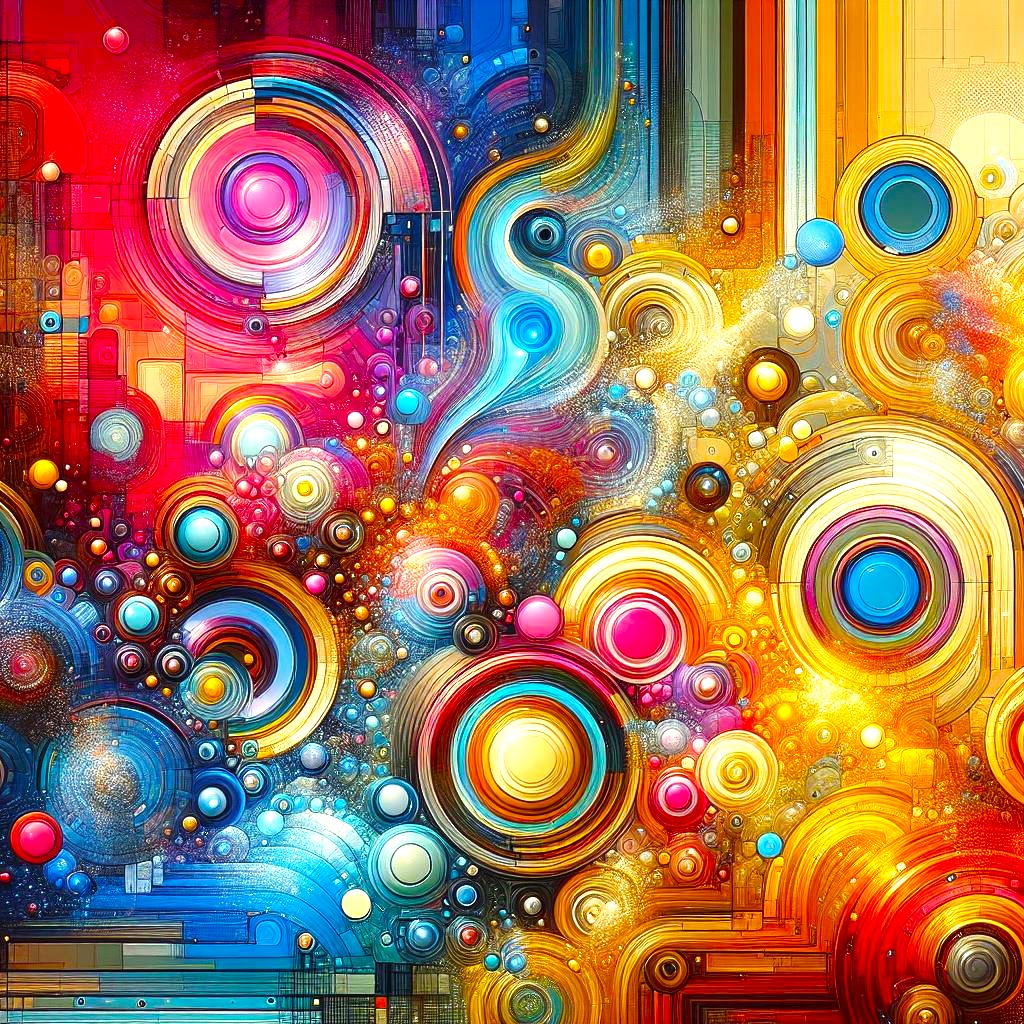What is an NFT?
A NFT is a non-fungible token, which means it is a unique digital identifier that cannot be copied, substituted, or subdivided.
It is recorded on a blockchain, which is a type of digital ledger that stores information in a secure and decentralised way.
A NFT is used to certify authenticity and ownership of a specific digital asset and specific rights relating to it, such as an artwork, music, a game, or a sports event.
A NFT can be bought and sold on digital markets and may also contain smart contracts that give the creator a share of any future sale of the token. NFTs are different from cryptocurrencies, which are fungible, meaning they can be exchanged for other units of the same value.
NFTs are also different from regular digital files, which can be easily and endlessly duplicated. NFTs are one-of-a-kind assets in the digital world that have value based on their scarcity, uniqueness, and verifiability.
Are NFTs still a thing in 2023?
According to Statista, the annual market cap of NFT transactions worldwide reached 30.7 billion U.S. dollars in 2021, but lost value from this high as the market drifted.
NFTs are also expanding into various segments and industries, such as art, music, gaming, sports, real estate, and more. Some of the top NFT trends to watch in the future may include artificial intelligence, fractional NFTs, music NFTs and NFT ticketing token. NFTs are also facing some challenges, such as regulation, legal battles, environmental impact, and market volatility. NFTs are a new way of creating, owning, and exchanging digital assets. But will it last?
Here to stay?
People may have different opinions on the future of NFTs. Some people may think that NFTs are here to stay, as they offer a new way of creating, owning, and exchanging digital assets that are unique, scarce, and verifiable. They may also see NFTs as a way of supporting artists, creators, and innovators, as well as a way of expressing themselves and their values. Some people may also believe that NFTs have a lot of potential to transform various industries and sectors, such as art, music, gaming, sports, real estate, and more.

However, some people may think that NFTs are not here to stay, as they face many challenges and risks, such as regulation, legal battles, environmental impact, and market volatility. They may also see NFTs as a hype, a bubble, or a scam, that are driven by speculation, greed, and FOMO (fear of missing out). Some people may also question the value and utility of NFTs, as they do not confer any ownership rights, benefits, or guarantees to the buyers. These same people likely thought cryptocurrency such a Bitcoin was also a fad.
Ultimately, the future of NFTs may depend on how they evolve, adapt, and innovate, as well as how they are perceived, accepted, and regulated by the society.
NFTs may be here to stay, or they may fade away, but they have certainly made an impact on the digital world.


